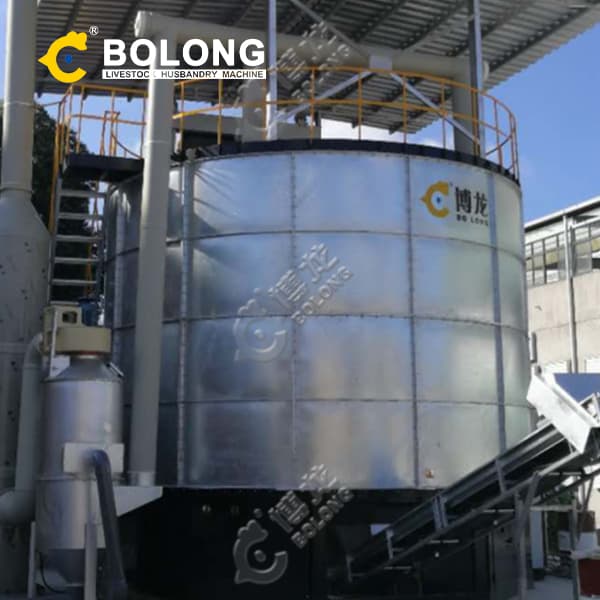
Dec 5, 2023 · The FL used as a carbon source was sampled at the fermentation unit of the same WWTP. This section is fed on mixed (primary and biological) waste sludge and consists of a rotary screw thickener, a mesophilic fermenter (organic loading rate of 10–15 kg TSS m −3 d −1 , a hydraulic retention time of 2.5–10 d, an operative temperature of 18
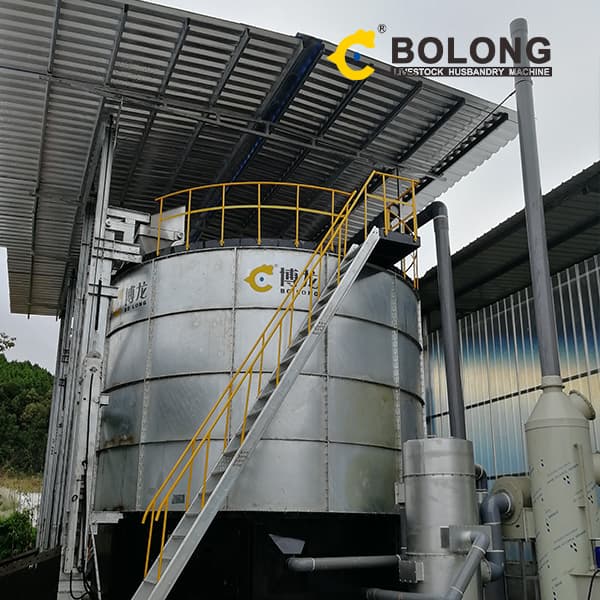
Jan 16, 2023 · Compared with an efficient energy metabolism (~32 ATPs per glucose), an inefficient energy metabolism such as fermentation (~2‒4 ATPs per glucose) leads to a lower growth efficiency as more food

By exogenous addition of L-glycine as the precursor of one carbon unit, the titer of L-methionine was increased to 3.68 g/L. The glycine cleavage system was further strengthened for the efficient one carbon unit supply and a L-methionine titer of 3.96 g/L was obtained, which was increased by 42% compared with that of the original strain.
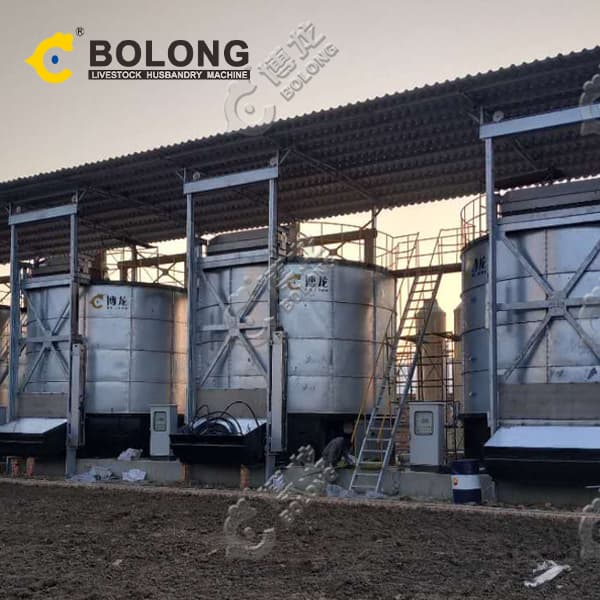
Sep 14, 2022 · Fortunately, today, several modeling are available to build mathematical models of the fermentation process in order to guide the development of strategies for improving fermentation efficiency. This paper briefly summarizes two important modeling approaches for building fermentation models: mechanistic modeling and data-driven modeling.
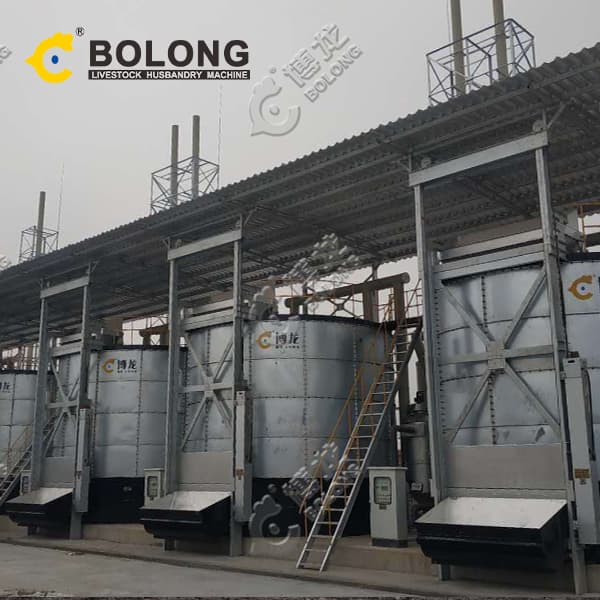
Jul 21, 2020 · An ideal microorganism for efficient fermentation process in the bioethanol industry is considered having some desirable characteristics such as (1) high ethanol yields (above 90% of theoretical yield), (2) ability to utilize a wide spectrum of sugars, (3) high tolerance to ethanol (above 40 g/L), (4) resistance to acidic pH and tolerance to

Mar 1, 2024 · Butyric acid, a four-carbon fatty acid, is an important industrial chemical and feedstock. To produce this chemical, a control fermentation was run with a 126.5 g.L−1 glucose concentration in the feed medium. In this medium, the strain produced 44.8 g.L−1 total acid with a productivity of 0.23 g.L−1h−1 and a yield of 0.41 g.g−1. The strain (Clostridium tyrobutyricum ATCC 25755) was
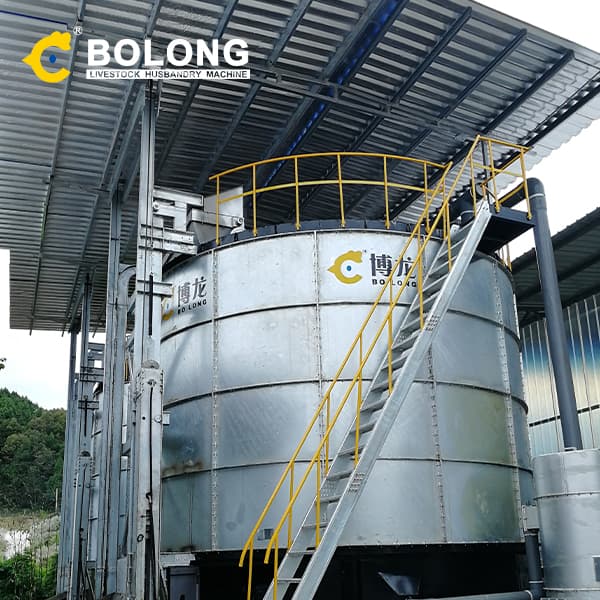
Question: Which statement accurately compares cellular respiration and fermentation?Cellular respiration generates substantially more ATP per unit glucose than fermentation.Both cellular respiration and fermentation take place entirely within the mitochondria.Multiple rounds of cellular respiration have to occur to produce the same amount of ATP as one round of
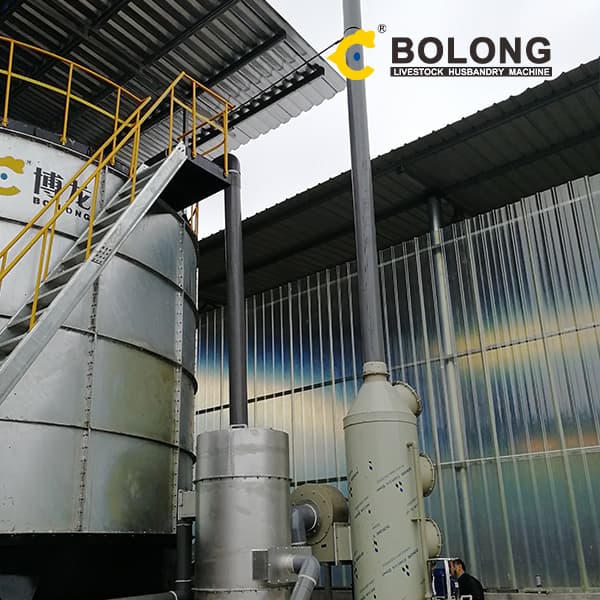
Jan 2, 2024 · Although dark fermentation produces the most efficient and clean bio-H 2, the yield and rate of production of the process are very low. This review article summarizes the recent developments in dark fermentation processes to enhance bio-H 2 yield and productivity, including pre-treatment, additives inclusion, and integrated solutions.
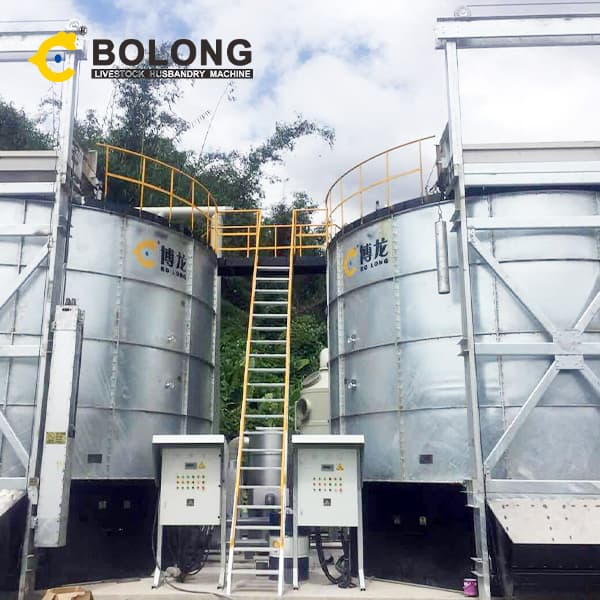
Jan 13, 2021 · To maximize product yield, growth must be minimized, and product formation should ideally conserve sufficient metabolic energy to fulfil the energy requirements of the cells (Fig. 1 ). If not, a part of the substrate is dissimilated to CO 2 and H 2 O by respiration to fulfil the energy requirement of the cell.
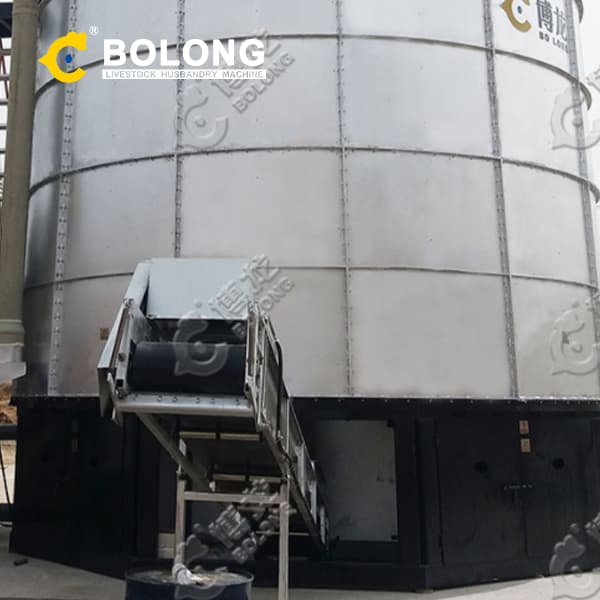
Sep 12, 2022 · During the anaerobic fermentation process, the organic loading rate is defined as the quantity of the material fed to the reactor per day per unit operating volume. Municipal waste fermentation plants generally operate at loading rates of 1.2–12.0 kg VS or 2.2–33.7 kg COD per cubic meter per day [58, 76,77,78]. During the entire anaerobic
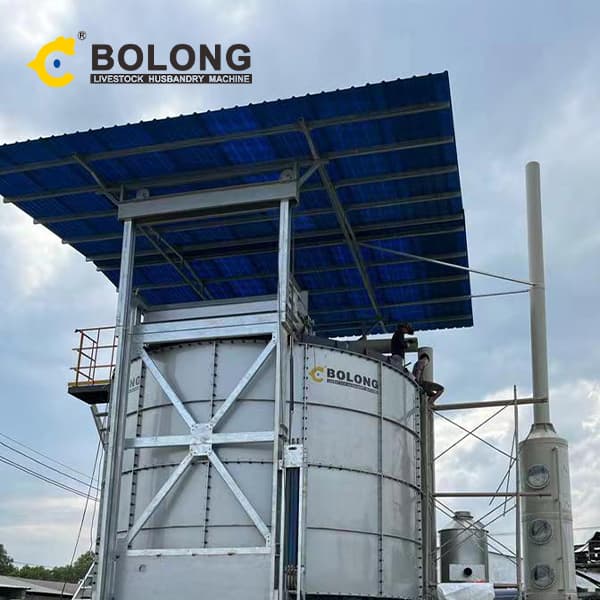
May 28, 2024 · Biological approaches include biophotolysis (direct and indirect), electrochemical systems (microbial electrolysis cells), and biological fermentation (dark fermentation, photo fermentation, and

Apr 9, 2024 · Human epidermal growth factor (hEGF) holds significant importance in the fields of medicine and cosmetics. Therefore, it becomes imperative to develop a highly efficient fermentation system for hEGF production. In this study, a stable hEGF-secreting expression strain was created by integrating the hEGF gene into the genome of Escherichia coli (E. coli) BL21, and an immobilized fermentation
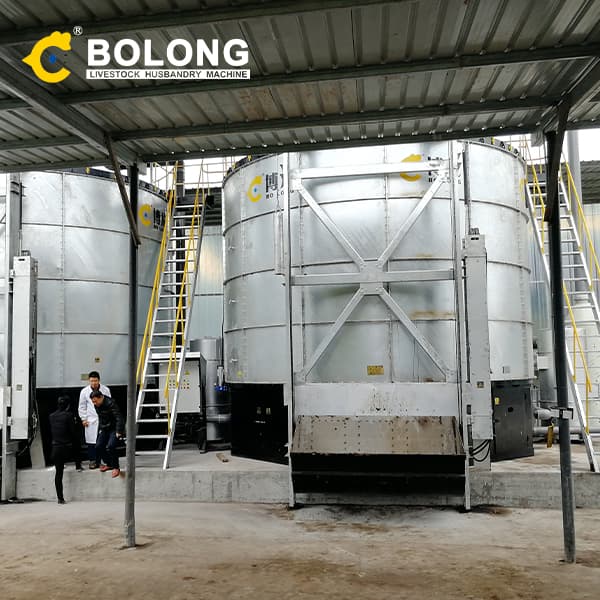
Nov 18, 2021 · Definition and Examples. Fermentation is a biochemical process in organisms that obtains energy from carbohydrates without requiring oxygen. In chemistry and biology, fermentation is a biochemical process that obtains energy from carbohydrates without using oxygen. Many foods come from fermentation, plus the process has industrial applications.
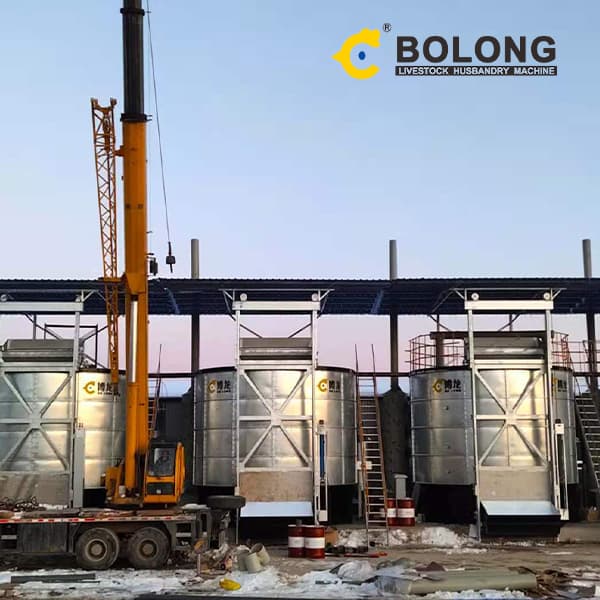
Jun 22, 2021 · An industrial process is profitable when its individual unit operations are efficient and thus, this work shows a guideline for designing efficient fermentation-industrial processes for agave distilled production based on a sequential approach of optimization, beginning in the laboratory and followed by the adjustment of the variable values using the evolutionary operation method for
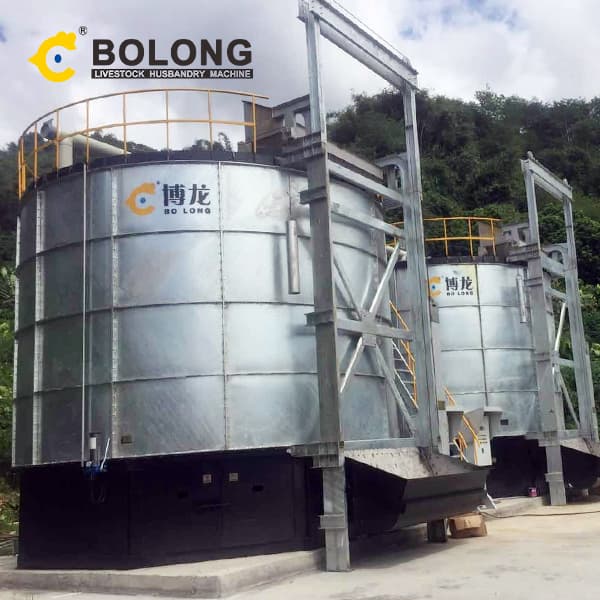
Jan 1, 2015 · The top layer (80% butanol and 20% water) is returned to the butanol column, and the bottom layer (4% butanol and 96% water) is returned to the beer column. Approximately 35,000 lb stream is consumed for every ton of solvents produced. Fig. 24.22. Process flow sheet of butanol-acetone-ethanol fermentation.